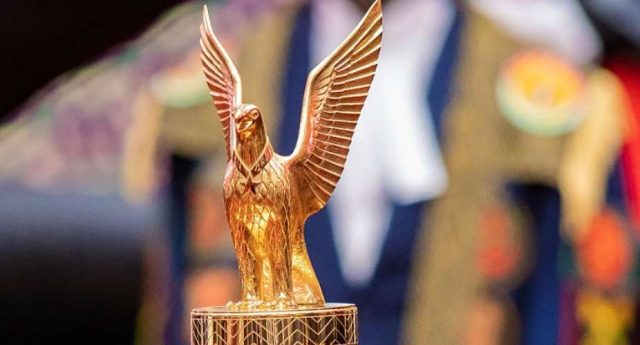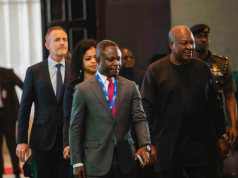Former Tamale Central MP Inusah Fuseini has weighed in on the controversy surrounding a recent visit by the National Investigations Bureau (NIB) to the home of Assin South legislator Rev. John Ntim Fordjour, stating unequivocally that no Member of Parliament is above the law.
His comments have added new dimension to the ongoing debate on the extent and limits of parliamentary immunity in Ghana.
Speaking on Channel One TV’s The Big Issues, Fuseini clarified that legal protections for MPs are more rooted in parliamentary convention than codified law.
“The immunities of members of parliament are not absolute. It is a convention that came into being when Abodakpi was arrested. And the person who drove the convention was Mike Oquaye. The convention came into being during Ayariga’s time. So, it is not in law,” he explained.
His remarks follow the April 9 incident in which NIB officers reportedly visited Rev. Fordjour’s residence to question him over claims he made regarding the suspicious landing of two aircraft in Ghana. The move triggered concern over the treatment of sitting MPs by state security agencies and raised questions about the balance between national security protocols and parliamentary privilege.
Fuseini acknowledged that such state actions, if politically motivated, could undermine the functioning of Parliament. He warned that a vindictive executive could target opposition MPs with legal action as a means of weakening dissent. “When you have a vindictive president who wants to go after the minority, he will decapitate them by pressing criminal charges against them. When this happens, you will be going to court and you will not be able to perform your duties,” he said.
However, he was clear that MPs are not exempt from accountability. He stressed that even with parliamentary immunity in practice, the principle cannot override the constitutional right to equal treatment under the law. “So, even though the immunity is there, it is not absolute. Because if it is to be made absolute, it will infringe against Article 17 of the constitution, which is equality before the law,” he added.
Fuseini’s comments highlight the ongoing tension between legislative privilege and legal accountability, especially in cases where national security and political neutrality are questioned. As scrutiny of elected officials continues, the incident serves as a reminder of the delicate balance required to uphold the rule of law while preserving the integrity of democratic institutions.
Send your news stories to newsghana101@gmail.com
Follow News Ghana on Google News
















